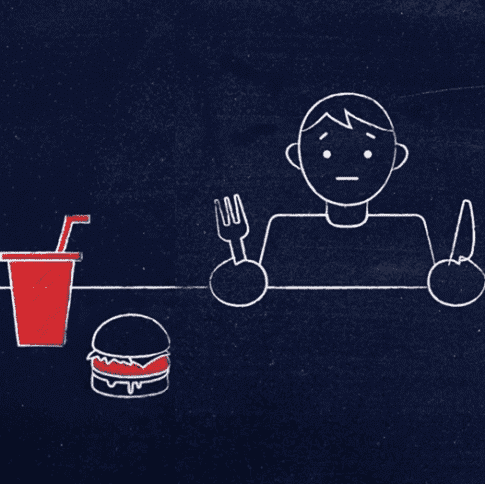Since the COVID-19 pandemic and recession began in the United States, millions of American families have struggled to put food on the table. Food insecurity and economic hardship typically increase in recessions and decrease in economic expansions. Indeed, the loss of a job or income, as well as poor child care arrangements, are associated with the onset of food insecurity. Rates of food insecurity among all households (one quarter) and households with children (one third) remain elevated. And while Pandemic EBT caused a reduction in very low food security among children this past summer –– too many parents report that they do not have sufficient resources to purchase food for their children.
In this video, I explain the problem of food security in America and avenues for addressing it. Specifically, a Hamilton Project policy proposal by Hilary Hoynes and Diane Whitmore Schanzenbach recommends that when there is a recession, increase the SNAP maximum benefit by 15 percent.
Evidence shows that SNAP reduces food insecurity and increases health and economic security among families in the short term, as well as economic self-sufficiency in the long term. SNAP also effectively and efficiently spurs economic activity when benefits are increased as part of a fiscal policy response to downturns: SNAP benefit increases had the “largest bang for the buck” during the Great Recession. What we said in March is still true today: “Food Security is Economic Security is Economic Stimulus.” Increasing the SNAP maximum benefit by 15 percent would reduce food insecurity and boost the economy.



